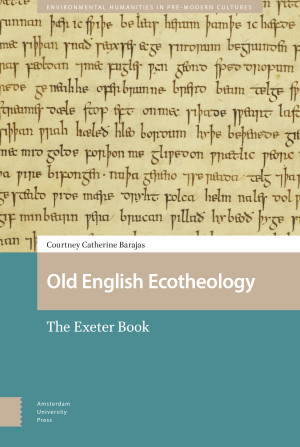Old English Ecotheology examines the impact of environmental crises on early medieval English theology and poetry. Like their modern counterparts, theologians at the turn of the first millennium understood the interconnectedness of the Earth community, and affirmed the independent subjectivity of other-than-humans. The author argues for the existence of a specific Old English ecotheology, and demonstrates the influence of that theology on contemporaneous poetry. Taking the Exeter Book as a microcosm of the poetic corpus, she explores the impact of early medieval apocalypticism and environmental anxiety on Old English wisdom poems, riddles, elegies, and saints' lives.

